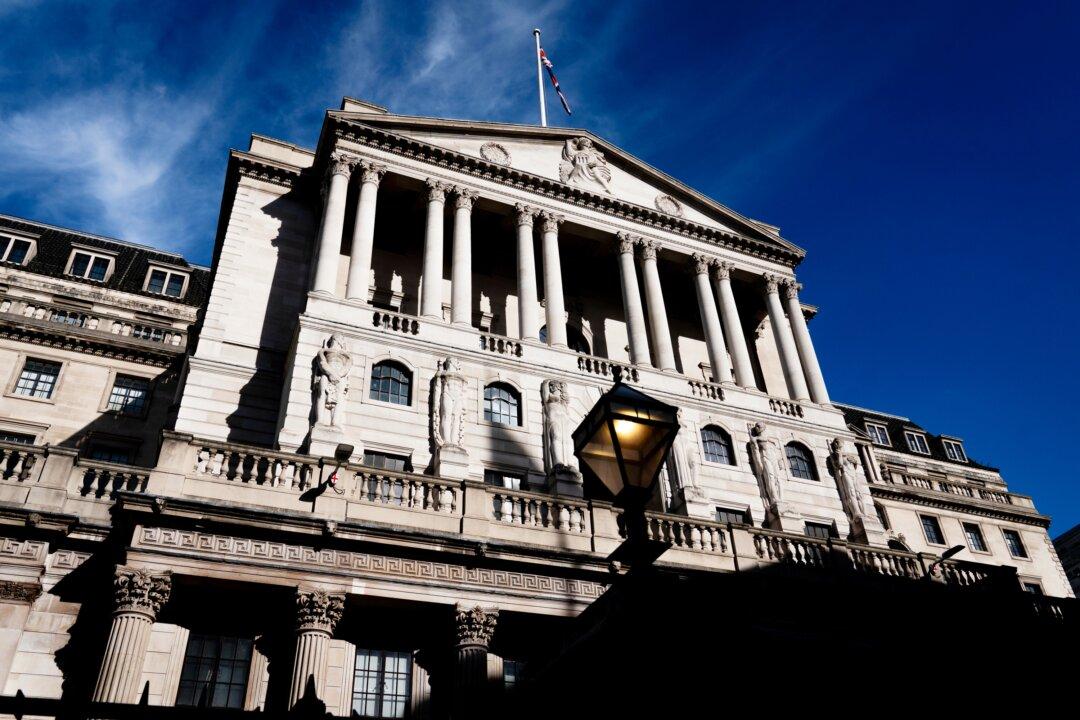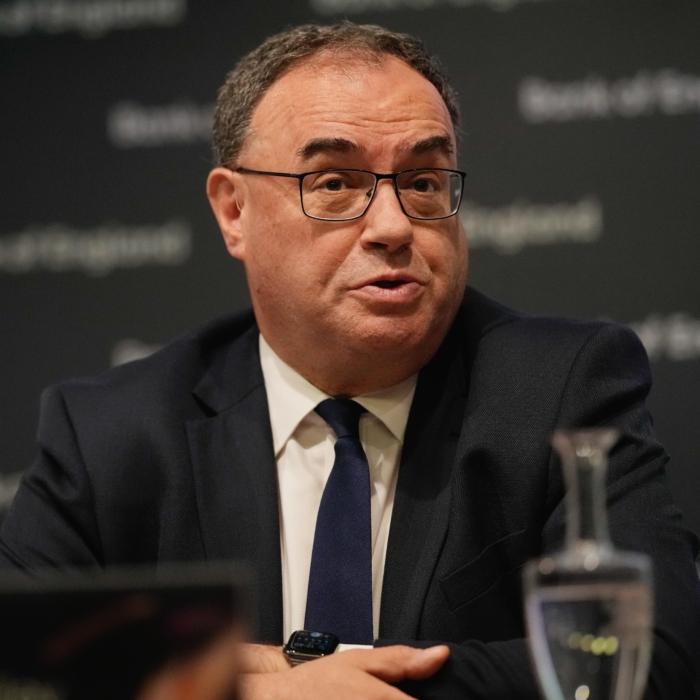Consumer price inflation (CPI) remained unchanged in January at 4 percent, which was slightly weaker than expected by the Bank of England (BoE) and the financial markets.
“We’ve come a long way and while we can’t yet declare victory in the battle against inflation, we are heading in the right direction,” said BoE Governor Andrew Bailey.
He welcomed the “huge progress” by the government in bringing inflation down from its peak rate of 11.1 percent in October 2022.
Inflation Drivers
The largest upward contribution to inflation came through higher gas and electricity charges. This was offset by falls in furniture and household goods, food, and non-alcoholic beverages.The annual inflation rate for food and non-alcoholic beverages eased for the 10th month in a row since March 2023.
“This is welcome news for low-income households who spend a higher proportion of their income on food,” said Lalitha Try, economist at the Resolution Foundation.
The annual inflation rate for housing, water, electricity, gas, and other fuels was 2.5 percent in January 2024, up from 1.9 percent in December 2023. Electricity rose by 4 percent on the month.
Gas and electricity prices were pushed up by the rise in the Ofgem cap in January. As a result of the increased price cap, households saw energy charges rise from £1,834 to £1,928 per year.
The Consumer Price Index including owner occupiers’ housing costs rose by 6.1 percent in the year to January, up from 6 percent in December 2023. Transport, housing, and household services were the main upward drivers.
Political Impact
Reacting to the inflation figures, shadow chancellor Rachel Reeves said on X that working Britons were still “worse off” compared to before the last election.“Only Labour has a long-term plan to get Britain’s future back,” Ms. Reeves said.
The Conservative government, led by Prime Minister Rishi Sunak, is convinced that its inflation path to the 2 percent endpoint is “clearly working.”
With a general election looming this year, the Conservatives and Labour are both keen to provide economic assurance to voters before publishing detailed policies in their manifestos.
The National Institute of Economic and Social Research (NIESR) suggested that on its current plan, the government is meeting its fiscal targets.
“But, it is simply not credible that the next government – whichever party may form it – will feel itself bound to the large fiscal tightening planned for 2025 and beyond,” the institute said in a statement.
According to the NIESR, the way forward is through an increase in public investment, rather than tax cuts that “will have to be reversed in the not-too-distant future.”







